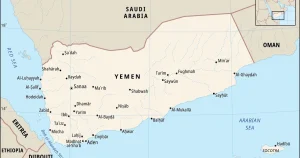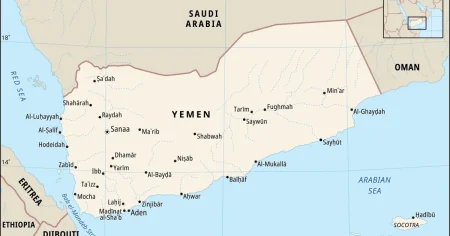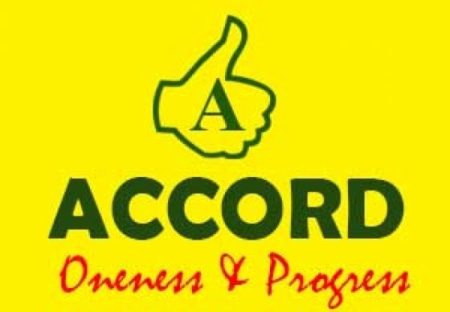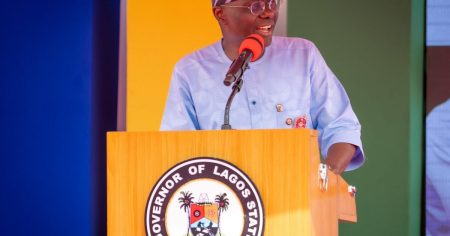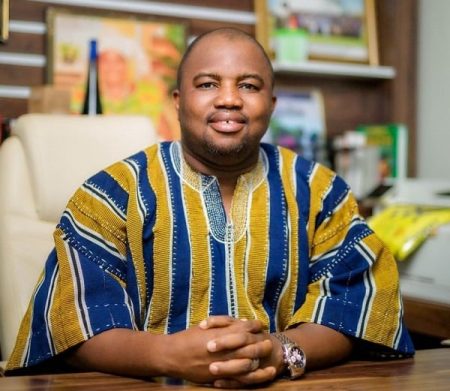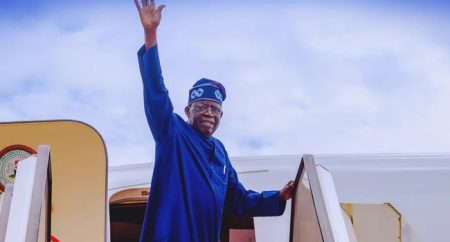The Path to 2027: Onovo’s Blueprint for Opposition Victory and Tinubu’s Challenges
The Nigerian political landscape is abuzz with discussions about the 2027 presidential election, even as the current administration is still in its nascent stages. Martin Onovo, a prominent political figure and former presidential candidate, has outlined a clear strategy for opposition parties seeking to unseat President Bola Tinubu in the next election cycle. His prescription centers on two key elements: unity and a strong candidate. Onovo emphasizes the need for a candidate who possesses not only vigor and a compelling vision for the nation, but also a robust track record of integrity, moral and mental competence, and physical fitness. Implicit in his call for a vigorous candidate is a rejection of older political figures who have dominated the scene for decades. He believes the opposition should embrace the energy and dynamism of younger leadership.
Onovo’s critique extends to prominent figures like former Vice President Atiku Abubakar, suggesting that their time has passed and the opposition needs fresh blood to effectively challenge the ruling All Progressives Congress (APC). This call for generational change reflects a growing sentiment among some segments of the Nigerian populace who desire a departure from the established political order. Onovo’s insistence on a candidate with an unblemished background underscores the increasing importance voters place on integrity and ethical leadership. In a nation grappling with corruption and governance challenges, a candidate’s moral compass is becoming a critical factor in electoral choices.
Beyond the qualities of the candidate, Onovo highlights the crucial role of unity within the opposition coalition. He argues that only a unified front can effectively challenge the incumbent party. This call for unity is particularly pertinent given the fragmented nature of the opposition in past elections. A cohesive coalition that can present a united front and avoid internal squabbles would significantly enhance its chances of electoral success. Onovo’s assessment suggests that the opposition has several factors working in its favor in the lead-up to 2027, but realizing this potential hinges on maintaining a united front and strategically navigating the challenges ahead.
Turning his attention to the ruling APC, Onovo identifies two key areas that will determine President Tinubu’s chances of re-election: the handling of economic challenges and the pervasive security issues plaguing the country. The recent removal of fuel subsidies has led to widespread economic hardship, and the government’s response to these challenges will be closely scrutinized by the electorate. Similarly, the ongoing security crisis, characterized by insurgency, banditry, and other forms of violence, poses a significant threat to the nation’s stability and will be a major factor in the 2027 elections. Onovo suggests that Tinubu’s success in addressing these pressing issues will be pivotal in determining whether he can secure another term in office.
Onovo’s remarks come in the wake of the announcement of a new opposition coalition aiming to challenge the APC in 2027. While he clarifies that he’s not directly involved in the formation of this particular coalition, he has been a consistent advocate for opposition unity through his involvement with the Coalition of United Political Parties (CUPP). His experience with CUPP underscores his understanding of the intricacies of coalition building and the importance of strategic alliances in challenging incumbent power. His broader message extends beyond partisan politics, emphasizing the need for all Nigerians to unite for the betterment of the country and to strive for a leadership that truly reflects the nation’s aspirations.
The announcement of the new opposition coalition, spearheaded by former Vice President Atiku Abubakar, has generated significant interest and speculation within the political sphere. The presence of key figures like Peter Obi, the 2023 Labour Party presidential candidate, Babachir Lawal, a former Secretary to the Government of the Federation, and Nasir El-Rufai, a former Kaduna State Governor, signals the potential for a formidable challenge to the APC. The coalition’s success, however, will depend on its ability to overcome internal divisions, present a cohesive agenda, and effectively communicate its message to the electorate. The coming years will reveal whether this coalition can translate its potential into a viable force capable of achieving the political change it seeks.



